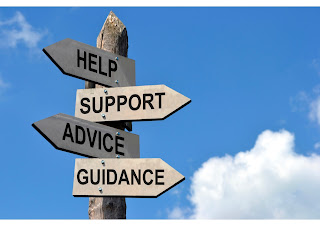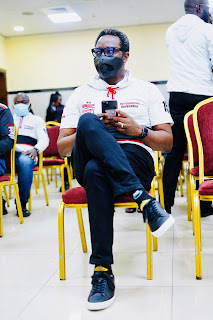My Thoughts on Mentoring, an adaptation of Bob Gas’s “Don’t be a critic, be a cheerleader”
You can break people’s spirit by emphasizing
what they do wrong rather than what they do right.
Why do we choose to be critics rather than cheerleaders? Because it’s
easier to point out the faults of others than deal with our own! By
dwelling on their shortcomings, we feel better about ourselves. But,
‘How can you say to your brother, “Let me remove the speck in your eye”; and
look, a plank is in your own eye? Hypocrite!’
Think of the person, group, or organisation
you’re most critical of, and whom you criticize them to. Are you trying
to increase your stature in the eyes of others? Are you carrying within
you unhealed wounds and unresolved issues, so you vent your anger at anybody
who gets in your way?
Why do we find it easier to be a critic than a
cheerleader?
1. Our self-importance
Once we’ve achieved a certain level of success, we think that ‘we know best’. But sometimes what we are ready to teach, people are not ready to learn. And at that point we have a choice - back off and let God deal with them, or try to ram it down their throats. In such times we’d do well to remember the old adage: “A man convinced against his will, is of the same opinion still.” Perhaps there was a time when you yourself were not very teachable, so pray for them and allow God to work according to His time scale.
Once we’ve achieved a certain level of success, we think that ‘we know best’. But sometimes what we are ready to teach, people are not ready to learn. And at that point we have a choice - back off and let God deal with them, or try to ram it down their throats. In such times we’d do well to remember the old adage: “A man convinced against his will, is of the same opinion still.” Perhaps there was a time when you yourself were not very teachable, so pray for them and allow God to work according to His time scale.
2. Our
gifting
We
don’t stop to consider that our talents and experiences are unique to us - given
by the grace of God. So we expect everyone else to come up to our level,
and we put them down when they don’t. Back off and let God work on them!
3. Our
earliest experiences
We
are molded by the attitudes of our caregivers. They nurture in us the coping
mechanisms, positive and negative, that we work with. Indeed, some of our
parents actually believed that praise would hurt us and criticism would help
us.
So we must be intentional about cheering
people on to be the best they can rather than criticize them.



Comments
Post a Comment